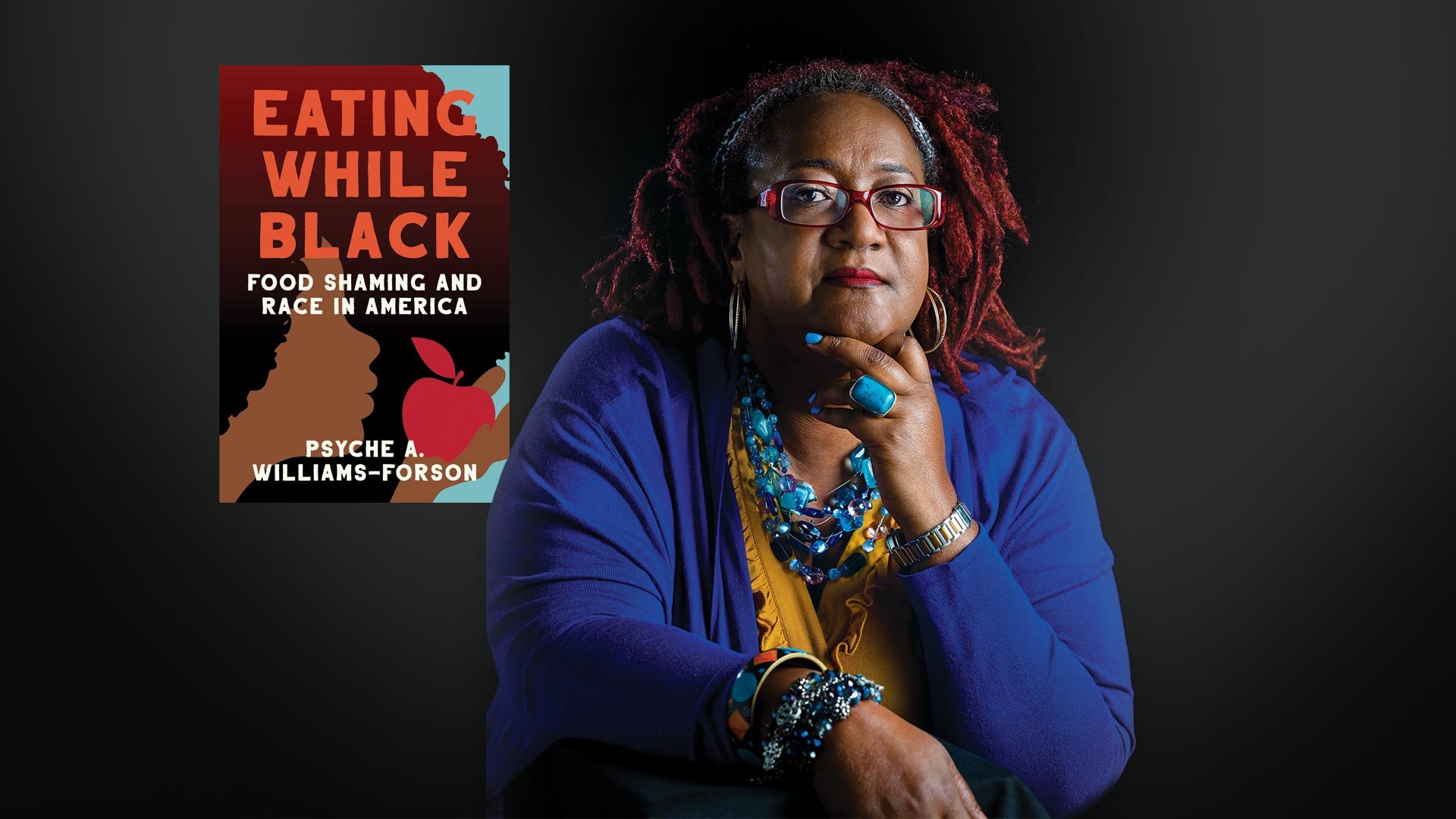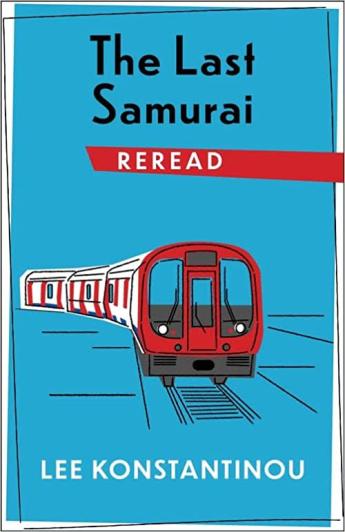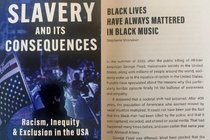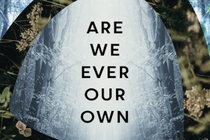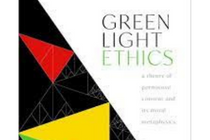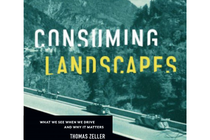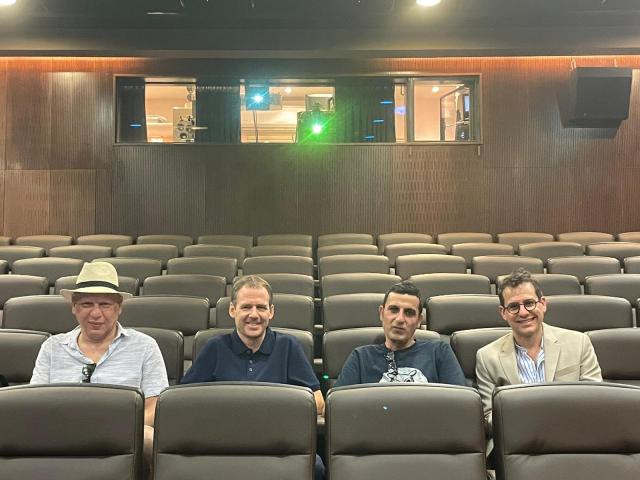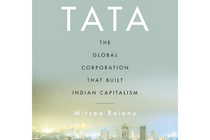In 2020, the United States faced a cultural reckoning as the world stared down the start of a global pandemic. During a time of strife and death, a time that disproportionately affected people of color, the world watched along as continued police brutality reached a point that that triggered protests around the world. At the Journal of Modern Slavery we mourned and felt anger with those around us, and then we wondered what we could do, how we could actively support the movement for racial justice. The answer came in the form of a special issue of the Journal of Modern Slavery, designed to look deeper into the individual, social, and systemic injustices woven into the fabric of the United States, beginning with slavery. The issue of the journal grew into this book.
In Slavery and its Consequences: Racism, Inequity and Exclusion in the USA, the contributors tell rich narratives about how slavery and racial injustice, as well as the resistance to it, has shaped the country over centuries to become what modern America is today. Through various lenses, the book explores and celebrates Black American history as it is woven into the cultural and social structures of the country. Across centuries of change, this book weaves together the invaluable influence this history has had on music, sport, philosophy, literature, publishing, scholarship, politics, faiths, poetry, the church, photography, civil rights, peacebuilding, jazz and more as part of the struggle and the resistance.
TABLE OF CONTENTS
Preface
Dr. Tina Davis & Jodi L. Henderson
Introduction
Lawrence E. Carter
“We Knew”
Stephane Dunn
Black Lives Have Always Mattered in Black Music
Stephanie Shonekan
A New Look at Slavery – The “Peculiar Institution”
Charles Finch
American Slavery Historiography
Orville Vernon Burton
Racializing Cain, Demonizing Blackness & Legalizing Discrimination: Proposal for Reception of Cain and America’s Racial Caste System
Joel B. Kemp
Dealing with the Devil and Paradigms of Life in African American Music
Anthony B. Pinn
‘A Home in Dat Rock’: Afro-American Folk Sources and Slave Visions of Heaven and Hell
Lewis V Baldwin
Modern Slavery By Another Name: A Black Church Response to Gender Based Violence and the Human Trafficking of Black Women, Girls, and Queer Folx for the Purpose of Sexual Exploitation
Brandon Thomas Crowley
The Birth – and Rebirth – of Black Activist Athletes: They Refused To Lay Their Burdens Down
Ron Thomas
Occupying the Center: Black Publishing: an interview with Paul Coates & Barry Beckham
Jodi L. Henderson
Literary Review of the Woke 2019-2021
Leah Creque
Blueprints Towards Improved Communities
Dr. Tina Davis
To Hope, Fourteen Years Later
Naje Lataillade
The Sounds of Freedom: A dialogue on the poison of racism, the medicine of jazz, and a Buddhist view of life
Taro Gold withWayne Shorter, Herbie Hancock & esperanza spalding

